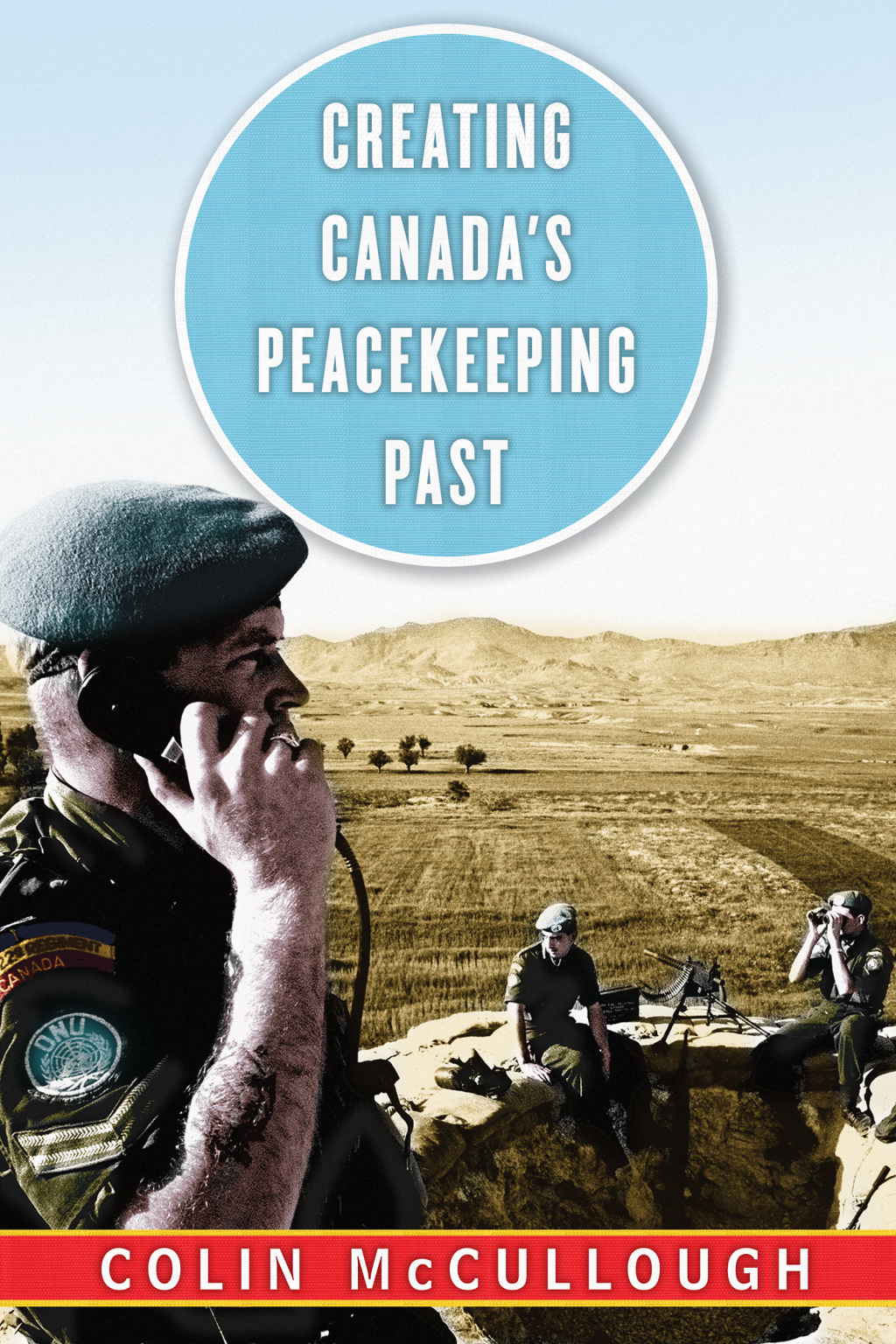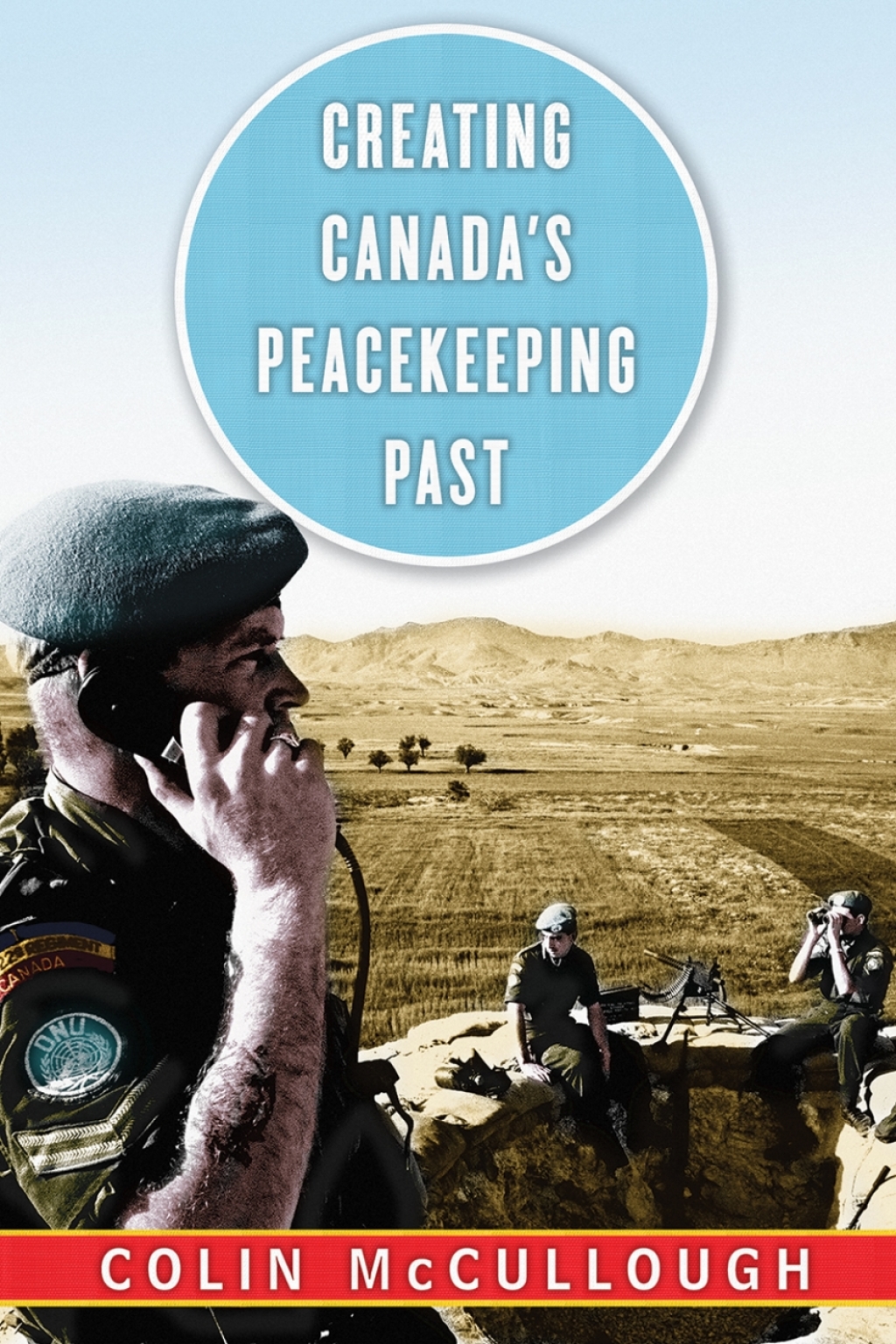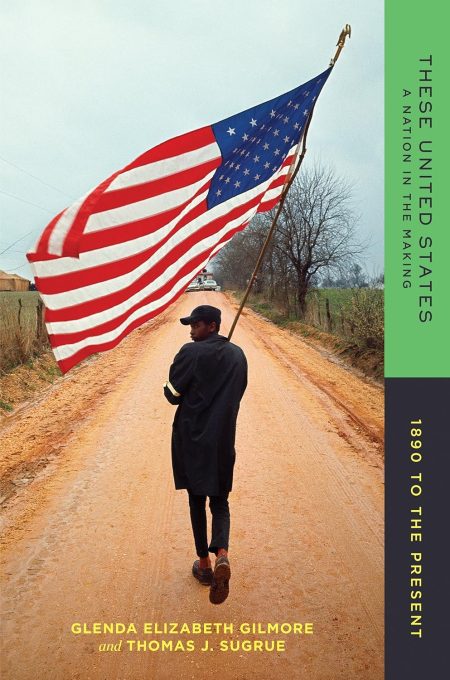Description
Peacekeeping. Despite efforts to relegate it to the past, what was once a central pillar in Canada’s national identity has been making a comeback in recent years. For decades, Canada’s involvement in the United Nations’ peacekeeping missions symbolized a desire for a better future, a belief in the policies of the present, and nostalgia for Canada’s past reputation. Yet, despite its lengthy association with the highest aspirations of Canadian citizens, peacekeeping is also a contested part of our identity. Creating Canada’s Peacekeeping Past illuminates how participation in the United Nations’ peacekeeping efforts from 1956 to 1997 became central to Canadian self-identification. Colin McCullough outlines continuity and change in the production and reception of peacekeeping messages by examining four decades’ worth of political rhetoric, high school textbooks, National Film Board documentaries, newspaper coverage, editorial cartoons, and public commemorations. Bridging the two solitudes of Canadian history by bringing Quebec into the story, and illuminating the nationalistic aspects of peacekeeping policies, McCullough pays close attention to the words and images used to describe peacekeeping. He demonstrates that message producers often overlooked the particularities of individual missions, preferring to link their cultural products to political discourses about Canada’s national identity. Engaging in debates about Canada’s international standing, as well as its broader national character, this book is a welcome addition to the history of Canada’s changing national identity.










